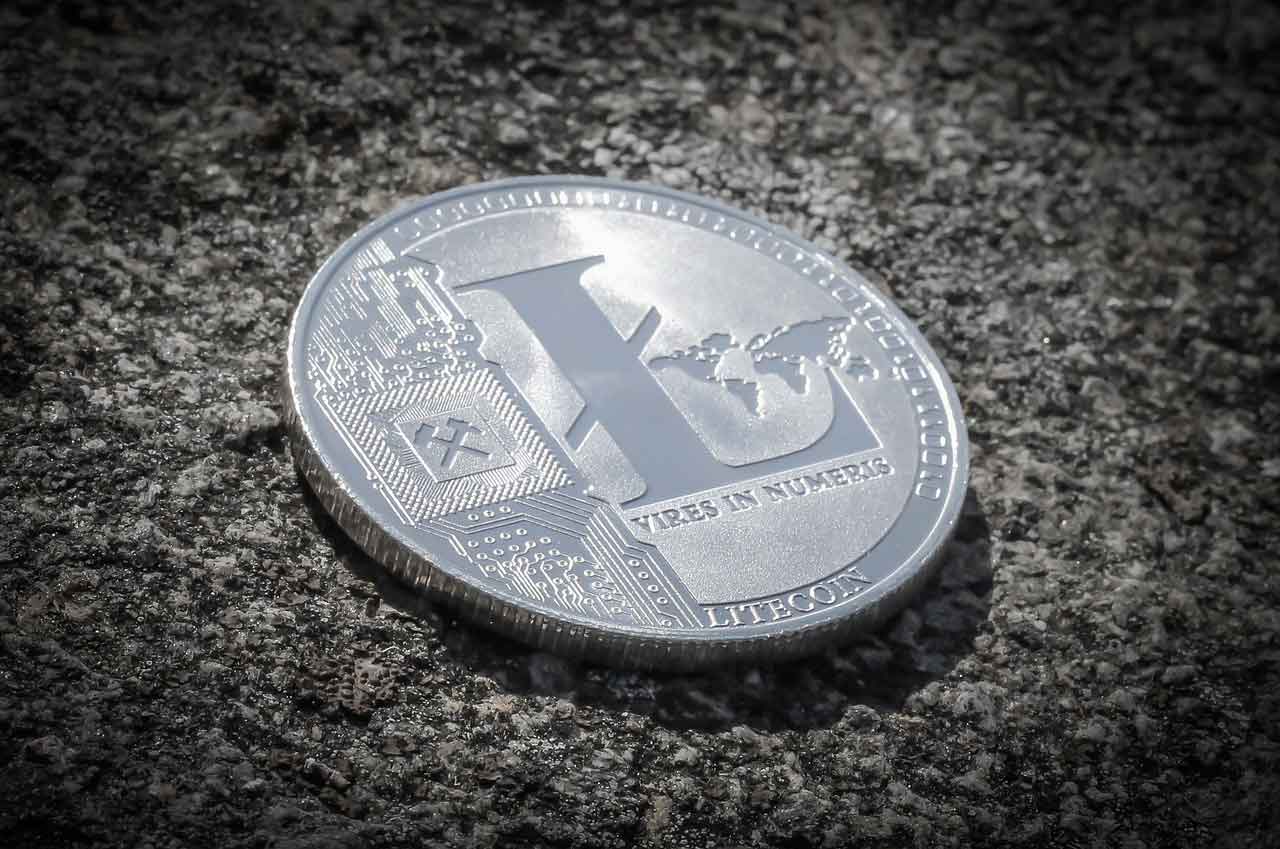Fraudsters use various scams on the Internet to take money from unsuspecting victims. Cryptocurrencies like Litecoin also play a role in this, although other cryptos like Bitcoin or Ethereum enjoy greater popularity. Litecoin, along with Dogecoin, is one of the oldest cryptocurrencies on the market that still endures and has a relatively high market capitalization.
Table of contents
This fact makes Litecoin attractive for scammers despite a lower status on the market because they can convert stolen LTC into euros, dollars, or other currencies with relative ease. We will show how Litecoin scams work, what you can do if you have already been scammed, and what options are available to get your money.
First aid for Litecoin fraud
Several methods can be narrowed down with which scammers proceed. They always have in common that victims should transfer Litecoin for various reasons. Once the transfer is completed, the scammers leave their victims with a financial loss.
Regardless of the circumstances under which you have been scammed and transferred Litecoin, you should do the following immediately:
- Wallet backups: back up all data of the wallet that was used to transfer LTC to the scammers. This data is invaluable for further investigation.
- Keep receipts: If Litecoin was purchased from an ATM, then the receipt should be kept. This can be used to verify claims against the operator and use the transaction data to track the perpetrators.
- No further contact: No matter what relationship you have with the scammers, further contact should be avoided. It is not uncommon for scammers to try to squeeze even more money from their victims. Be it by offering new investments, feigning an emergency, or coming up with other tricks. Breaking off contact protects you from those attempts.
- Take notes: Unless emails or other communication can be copied directly, one should immediately make a memory log. Every conversation with the scammers, every chat, and every detail is important to track the perpetrators.
How do I get my money back in case of a Litecoin scam?
A refund is usually possible only with the help of a lawyer and after investigations. First of all, it must be checked whether a crime has been committed, which is often the case. With the help of blockchain forensics, the transaction flow must be analyzed. The transaction flow can be used to identify what the fraudsters bought with the stolen LTC or where further transactions have been made to.
This is followed by documentation of the results of the investigation, which a knowledgeable attorney can use to contact law enforcement agencies and file charges. Many agencies are in some cases completely lost without expert investigative work because authorities in many countries cannot expertly use blockchain technology for their investigations. As a result, victims have a better chance of success if they hire a private investigator in advance.
How can Crypto-Tracing help with Litecoin fraud?
Crypto-Tracing takes care of all necessary investigations in case of Litecoin fraud and has the necessary professional expertise in blockchain forensics. We have already been able to help many victims who have been harmed by various scams or theft. In this regard, our work is necessary in many cases to enable compensation in the first place. In addition, in Litecoin fraud cases, we put you in touch with a lawyer who will provide legal representation for the victims.
If you are convinced that you have been scammed and you have transferred Litecoin or you suspect that you have been hacked or robbed, do not hesitate to contact us today. You can use our contact form to describe your case and we will get back to you as soon as possible to discuss the next steps personally.
FAQ on Litecoin Fraud
How do I identify fake Litecoin wallets?
To identify fake Litecoin wallets, you should start by verifying the developers by comparing the information in the app store with online sources. Additionally, consider the ratings and recommendations from other users. It is strongly recommended to only download official wallets from trusted sources and avoid downloads from unknown websites and stores.
How do I identify fraudulent Litecoin mining pools?
Fraudulent Litecoin mining pools may have high fees, unrealistic return promises, and a low user base. It is important to conduct thorough research and compare the earnings with other mining pools that have the same hash rate. If the payout per share is too low, consider switching. Additionally, educate yourself about different payout models like Pay-Per-Last-N-Shares (PPLNS) to better assess whether the pool's compensation is reasonable.
How secure are Litecoin transactions?
Litecoin transactions are secure because they are recorded on the Litecoin blockchain. The Litecoin blockchain is considered secure due to the high computational power contributed by miners. It would be extremely costly and unprofitable to attack the network. However, it is important to monitor the network's hashrate as altcoins can lose security if miners abandon them. Currently, this is not the case with Litecoin.
Is Litecoin fraud common?
There are occasional cases of Litecoin fraud, but it is difficult to determine how common it is as many fraud cases go unreported. Generally, fraudsters target current and popular topics that are more likely to be accepted by their victims. Therefore, one can expect an increase in Litecoin fraud activities when Litecoin receives more media attention.





